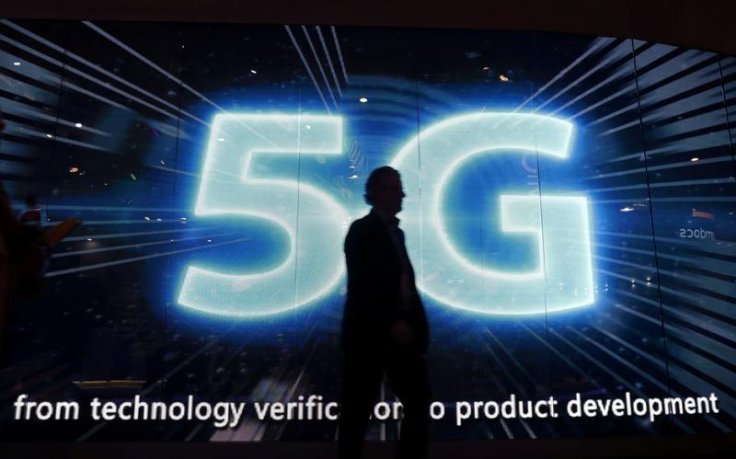A Chinese national was sentenced to 18-month in prison by a District Court of Northern California for economic espionage and stealing U.S. trade secrets from two semiconductor companies Skyworks and Avago.
Hao Zhang is a professor at Tianjin University. He was arrested after arriving in Los Angeles airport in 2015 for stealing semiconductor formula, designs, source code, specifications and presentations among other confidential information that are deemed trade secrets.
Hao was one of the five named in the indictment but he was the only one to be sentenced as the rest are fugitives. The 41-year-old, who has also been fined $476,835 in restitution, supplied the stolen trade secrets to the Chinese government and military while also establishing a business based on it.
Hao met one of the accused Wei Pang in 2006 during their studies at the University of Southern California. Hao then worked as a semiconductor engineer for Skyworks while Wei went to Avago. The latter was renamed as Broadcom in 2016. During their tenure, they stole trade secrets and sent them to Tianjin University, according to charges filed against them.

China's First FBAR Manufacturer
Between the two companies, Skyworks manufactures chips that are used for radio frequency and mobile communications. Avago (Broadcom) is a more established name in the semiconductor industry. It develops wireless modems for broadband services, mobile and laptops among other services.
Having worked in two key companies, both returned to China in 2009 to teach at Tianjin University and co-founded ROFS Microsystem in 2011. As per the company website, I's China's first FBAR (film bulk acoustic resonators) manufacturer and its product — filter chips — are used in 5G, wireless communication and artificial intelligence.
As per court documents, they stole the designs from the two companies and established their semiconductor business in China. "Hao Zhang committed these acts to benefit himself, his co-conspirators, and the government of China. This is not competition – this is economic espionage, theft, and conspiracy," said FBI Special Agent in Charge John Bennett.

Lawsuit Against Apple
In 2012, Avago executive Rich Ruby visited Tianjin University for a speech. The state-run Global Times of China reported that Ruby allegedly wanted to fund ROFS, which is partly owned by the Tianjin University, affiliated to the Chinese Ministry of Education. But once he returned to the U.S., Ruby reported to the FBI that ROFS had copied Avago's product designs.
As the FBI was investigating the matter, it allegedly hacked Tianjin University's networks and obtained email exchanges between Hao and Wei that contained Avago's product designs. FBI then arrested Hao in 2015.
In 2017, ROFS Microsystem reportedly filed a $1.4 billion lawsuit against Apple in Tianjin for intellectual property infringement. ROFS found its patent technology was being used by Apple which purchased the filter chips from Avago in 2016. In 2018, Avago sued ROFS back in Tianjin alleging that its patents were stolen.
"The FBI will not allow American research and development to be stolen. We encourage companies to come to us both proactively and when suspicious activity is observed so that we can work together to protect American businesses and ensure our national economic security," Benett said.
China's Own Chip Industry
China has been gearing up to design and manufacture its own silicon to make processors and chips after the U.S. put Huawei and ZTE on the blacklist. Through that, China wants to decrease its dependence on American semiconductor giants such as Intel, AMD, NVIDIA and others.
At present, China is the largest silicon importer with only 16 percent of it made by Chinese manufacturers. Through its 'Made in China 2025' campaign, the country wants to produce 70 percent of the chips. However, more often than not, China has been accused of reverse engineering other chip manufacturers' design to benefit its own industry.
Chinese companies already manufacture processors based on X86 architecture that AMD and Intel have patents to design. Zhaoxin's KaiXian CPU is also based on the same architecture that is aimed at the Chinese market.









